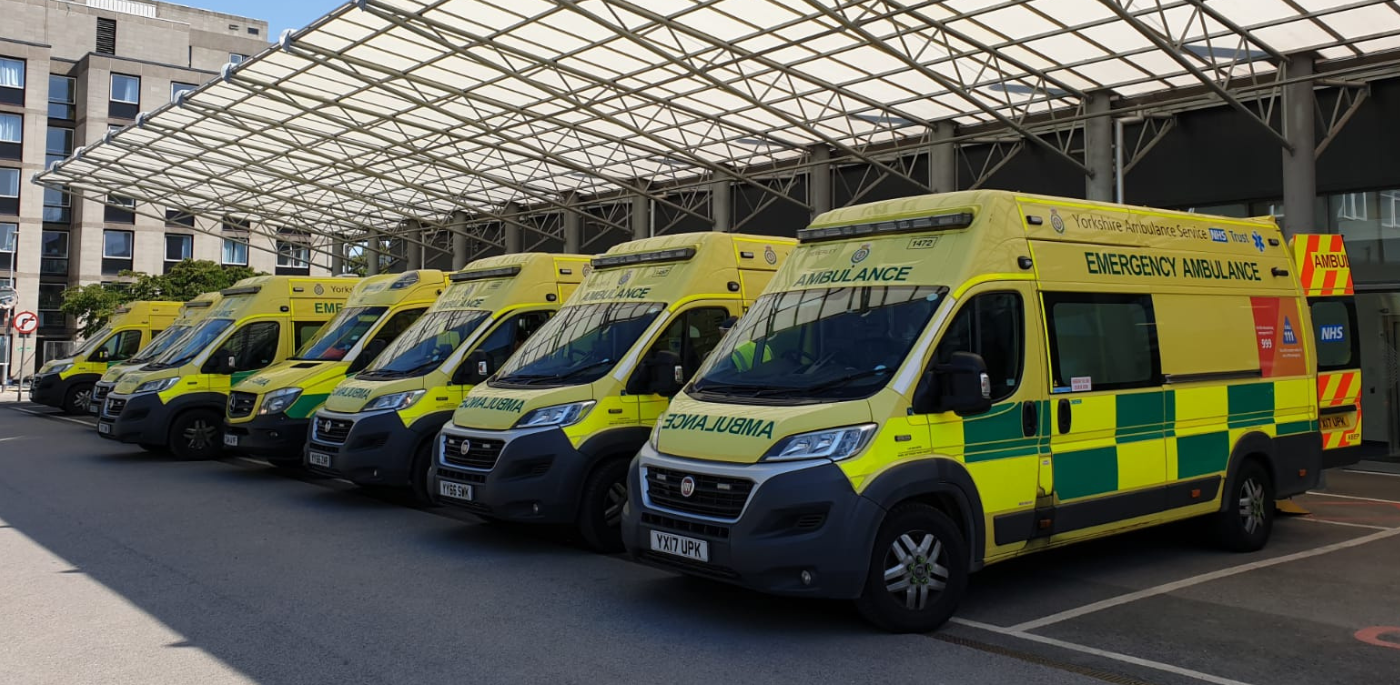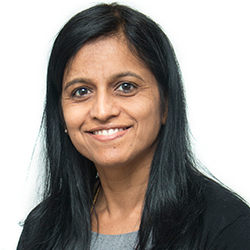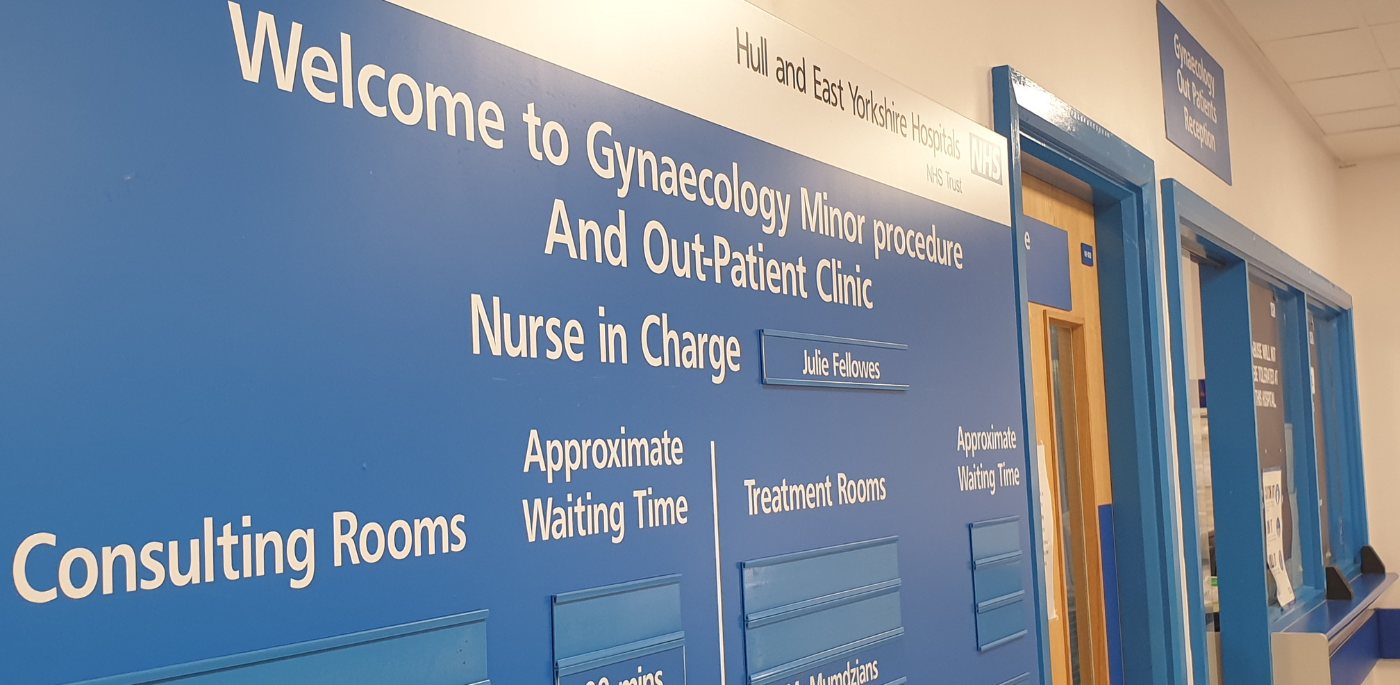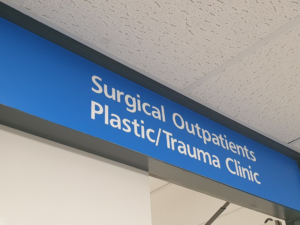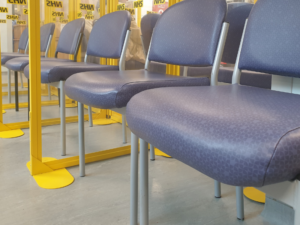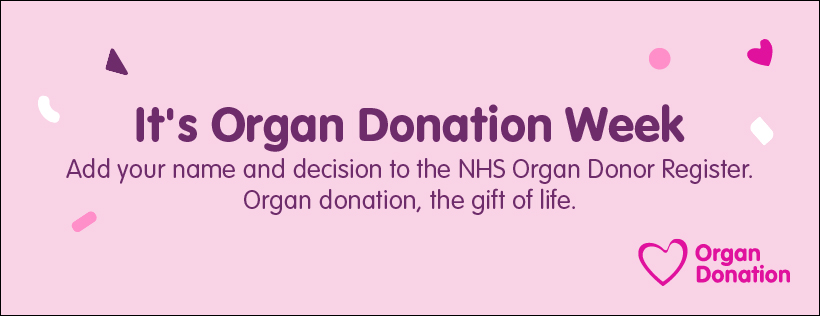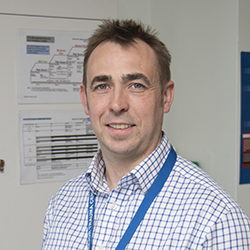It’s World Cerebral Palsy Day today and we’d like to say a massive thank you to our paediatric team for the fantastic work they’ve done to support children and young people.
The paediatric team have worked so hard to improve services and develop a care pathway for children and young people and their families affected by the life-long condition in East Yorkshire.
Damian Haire, Operations Director of Family and Women’s Health Group, said: “Our team took on the task of improving community services for children and young people three years ago.
“Thanks to their incredible hard work, commitment and dedication, especially in the past 12 months, we now have a fantastic pathway which aims to meet the needs of children and young people living with cerebral palsy and provide vital support for their families.
“The service goes from strength to strength, with lots of exciting developments planned for the months ahead, and we couldn’t be prouder or more grateful to every member of the team for everything they’ve achieved so far.”
Cerebral palsy is the umbrella term for a group of lifelong conditions affecting movement and co-ordination. Severity of symptoms can also vary significantly with some having minor problems while others can be severely disabled.
Around 1 in 400 babies are thought to be born in the UK with a form of cerebral palsy, with the Office of National Statistics estimating that around 1,700 new cases are diagnosed in England and Wales every year.
Symptoms might not become noticeable until a child is two or three and can include delays in reaching developmental milestones like walking or sitting, movements that are too stiff or too floppy, weakness in arms and legs, uncontrolled movements or walking on tiptoes.
Young people can also have difficulties swallowing or speaking, problems with vision and learning difficulties.
Hull University Teaching Hospitals NHS Trust took over the running of the Community Paediatric Service, which includes supporting young people with cerebral palsy and complex disabilities, in 2019.
A multi-disciplinary team with paediatric physiotherapists, paediatric consultants and specialist nurses, occupational therapists, orthopaedic specialists and experts in neuro-disabilities, speech and language therapists, dietitians and community nurses was set up to deliver the cerebral palsy service.
More than 200 cases were reviewed by senior clinicians to ensure each child was receiving the best possible care and support from the team.
Young people and their families were asked for their views about their care and to feed back their thoughts on what could be changed or improved to meet their needs.
The multi-disciplinary team then developed the Cerebral Palsy Clinical Pathway, working with different health care providers including Humber Teaching NHS Foundation Trust and City Health Care Partnership (CHCP), groups commissioning health care services and groups for people living with the condition.
Every child referred to the service goes through an established process, covering all aspects of care from the point of diagnosis to information and support for young people and their families, management of their care and their eventual transition to adult services, which occurs flexibly up to aged 18.
Comprehensive assessments are undertaken to ensure people get help and support with tone and postural management and other health conditions which they may have alongside Cerebral Palsy. Their social care needs are also considered and appropriate onward referrals made, along with links and information for educational settings.
Young people and their families are given a comprehensive information folder when they join the pathway to improve their awareness of cerebral palsy, including knowing what care and support is in place to help them.
Over the coming months, a dedicated clinical database is being created for the 243 children and young people with cerebral palsy in East Yorkshire, enabling continuous monitoring to ensure the service is meeting everyone’s needs.
Every family under the care of the cerebral palsy team will have a dedicated core team including a paediatrician trained in neuro-disabilities, a cerebral palsy specialist nurse and a physiotherapist.
Other specialist support such as speech and language therapists or community nurses can be obtained dependent on the individual’s needs.
Next stage for the team is to use feedback from the young people and their families to focus on “Function, Family, Fitness, Friends, Fun and Future.”
Family and Women’s Health Group would like to thank all team members including
- Paediatric Physiotherapy team HUTH
- Paediatric Physiotherapy team Humber Teaching Foundation Trust
- Consultants Dr Lorna Highet, Dr Sandhya Jose, Dr Vishal Mehta
- Specialist Nurses Kim Drewery, Louise Burnett, Fiona Lead, Christine Bennett and Nicola Heenan
- Paediatric Occupational therapy team(Humber Teaching Foundation Trust)
- Orthopaedics Ms Sally Hobson, Ms Breanna Winger
- Paediatric Speech and language therapy team (Humber Teaching Foundation Trust)
- Paediatric Dietetics (HUTH, CHCP and Humber Teaching Foundation trust)
- Children’s Community nursing team CHCP
- Management colleagues Lisa Pearce, Jane Collinson and Julia Mizon
- Adult neuro-rehab team HUTH
- Dr Patrick Naughton-Doe, Specialist Doctor in Learning Disability with Humber Teaching Foundation Trust
- Ms Liz Moulder, Consultant Orthopaedic Surgeon
- Paediatric neurology service: Leeds General Infirmary
- Paediatric clinic admin team



